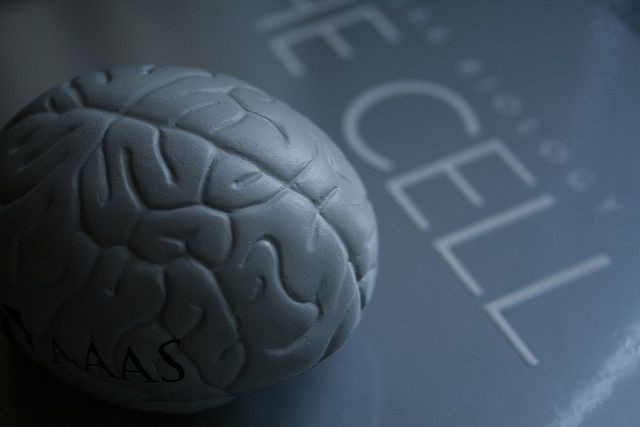Brain Gym Promotes Mental Agility, Combats Cognitive Decline: 'Brain Fit Club' Uses The Science Of Neuroplasticity To Help Concussion, Dementia Victims

Boston’s latest gym is unlike any other. At Beth Israel Deaconess Medical Center’s (BIDMC) Brain Fit Club, trainers and clients focus exclusively on the most important part of the body: the brain. Building on the science of neuroplasticity, the brain gym features mindfulness training, scientifically-validated cognitive exercises, nutrition coaching, tai chi, and meditation sessions designed to keep your mental capacity in top shape.
Albert Galaburda, Chief of Cognitive Neurology at BIDMC, says that the program will benefit anyone interested in maintaining and improving brain health. Whether you are a young concussion victim or a senior worrying about dementia, Brain Fit Club’s personalized workout routines will help keep cognitive decline in check.
"At BIDMC we have nearly 40 years of experience in expertly diagnosing and treating disorders of cognition," he said in a press release. "Through research here and elsewhere we know that there's a lot to be gained from pairing traditional treatments like medication with special kinds of exercises, and we're very excited to offer this comprehensive approach to our patients."
While physicians and scientists have traditionally regarded brain improvement as something exclusive to our first years of life, new research indicates that our mind keeps generating nerve connection indefinitely. Neuroplasticity, the process whereby our brain seamlessly adapts to new situations, offers a lifelong potential for cognitive improvement. Alvaro Pascual-Leone, Director of the Berenson-Allen Center for Noninvasive Brain Stimulation, told reporters that the process also fortifies the brain’s defenses.
"We know that a healthy brain is better able to cope with challenges that come with injury, disease and the natural aging process,” he explained. "Fundamentally there are things we could all do better for better brain health, things like making sure we get enough sleep, eating a healthy, balanced diet, participating in heart pumping exercise, and then we need to challenge our brain outside of its comfort zone in an environment like the Brain Fit Club."
Ideally, Brain Fit Club members will gradually implement their workout regimen into their daily routine. Many tasks are designed to be performed at home. However, the researchers stress that the social aspect is equally important.
"In essence,” Pascual-Leone said, “[the program] is like a personal trainer for your brain who assesses you, follows you and challenges you."



























